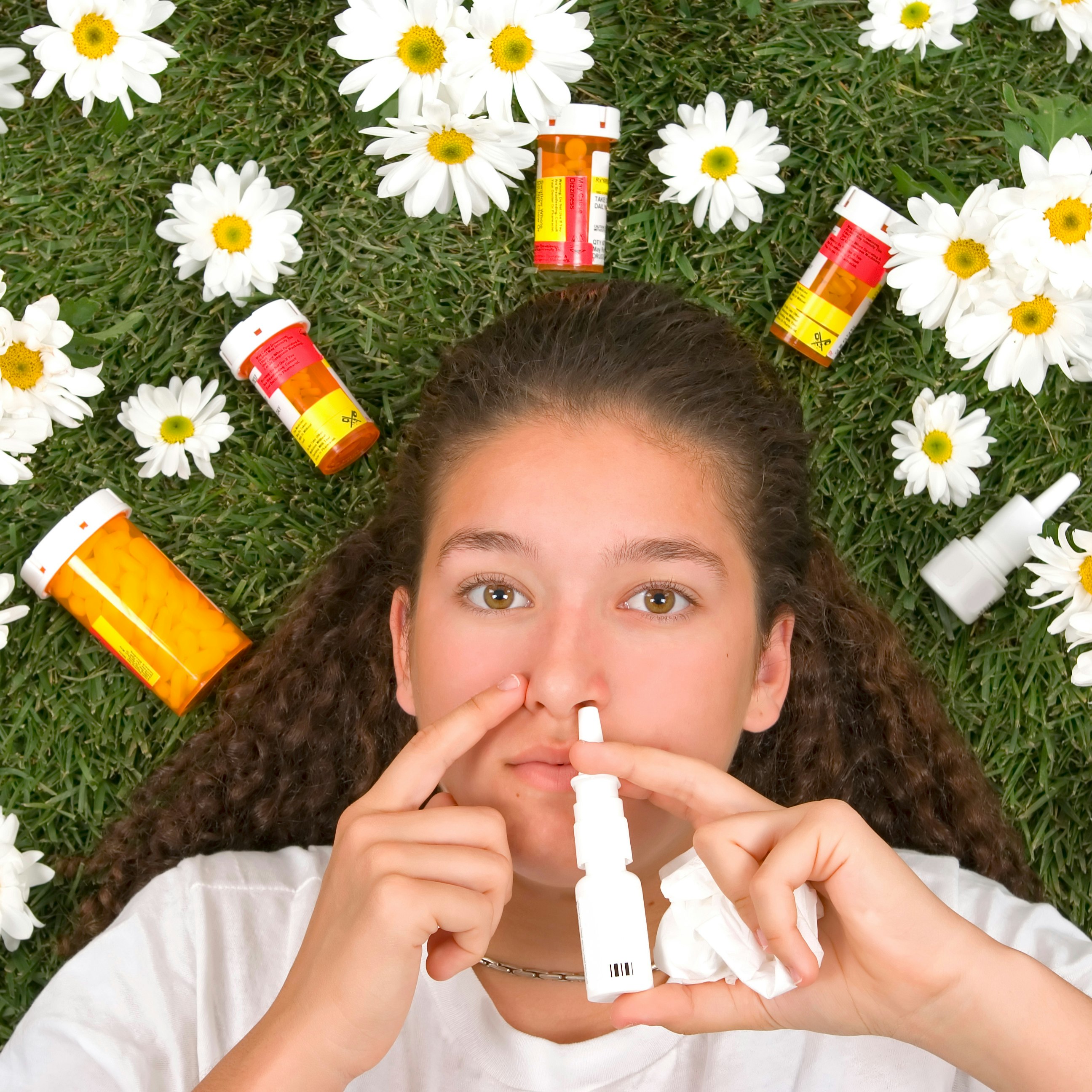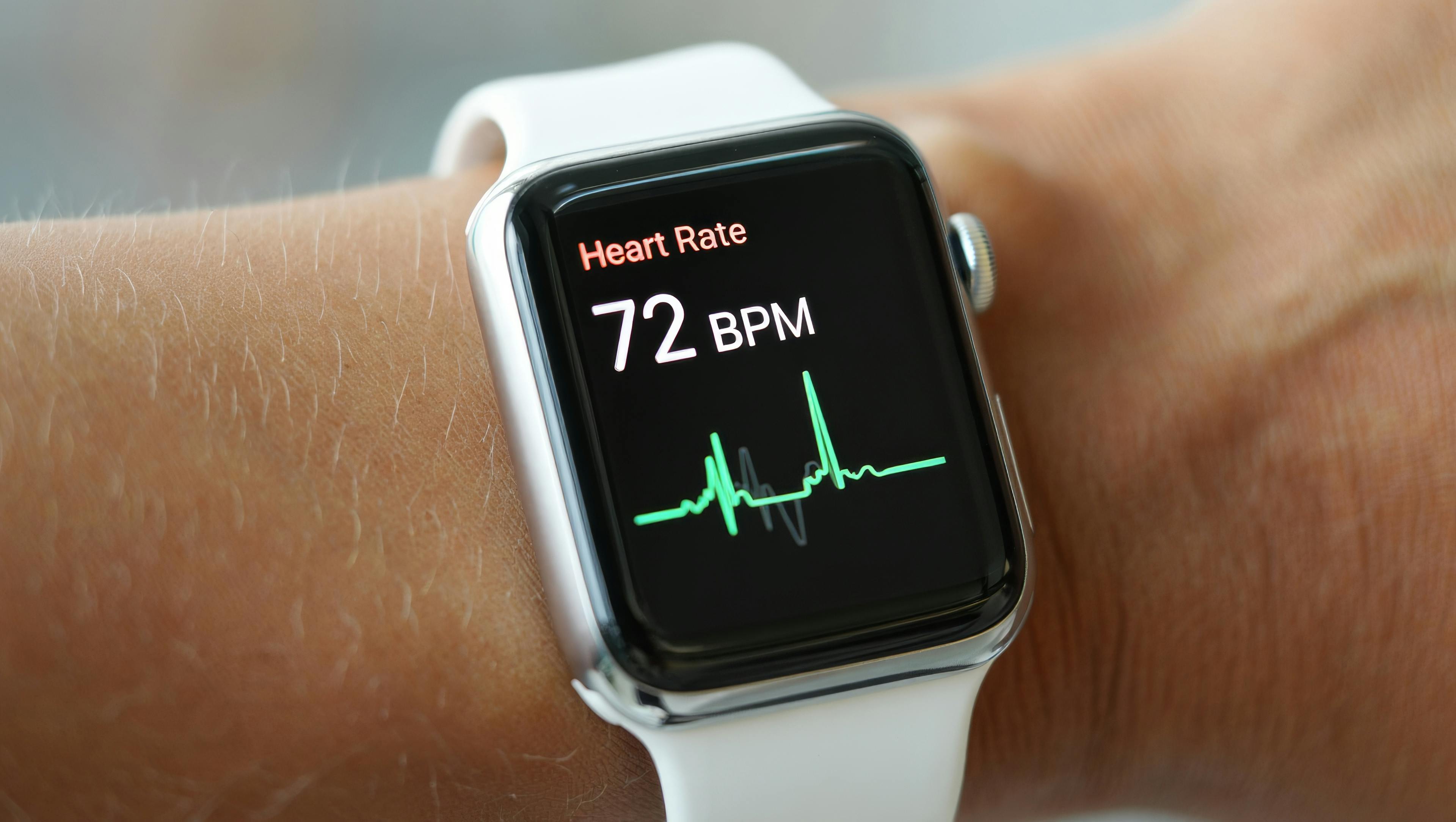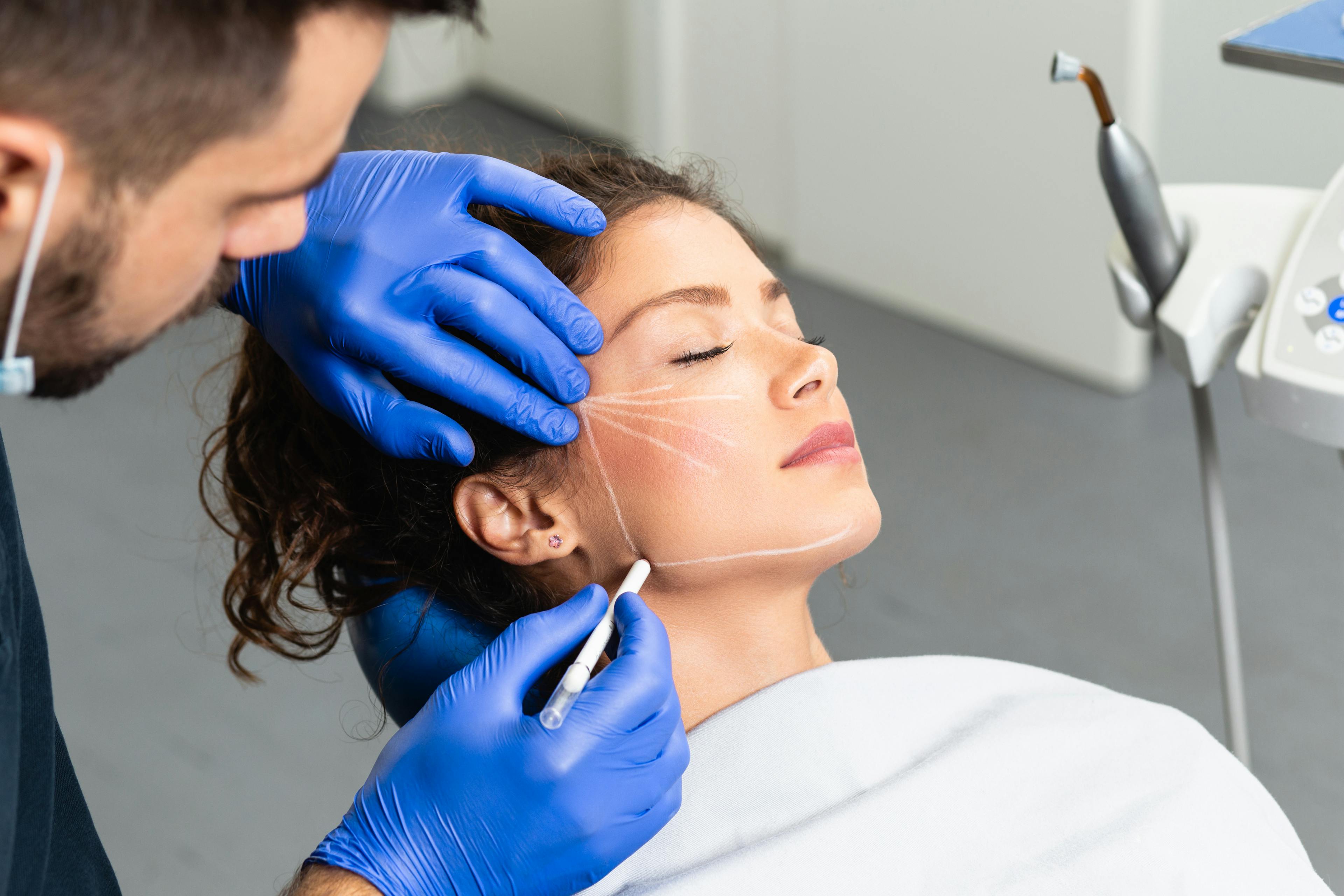Key Takeaways
Older antihistamines like Benadryl cause drowsiness because they affect the brain’s histamine receptors, while newer ones are low-sedating.
Claritin, Allegra, and Zyrtec are effective second-generation antihistamines that relieve allergy symptoms with little to no fatigue.
Nasal sprays and antihistamine eye drops can target specific symptoms without affecting alertness.
Check labels for “non-drowsy” or “daytime” to identify low-sedating options and avoid older formulations.
If over-the-counter options don’t help, see a CLS Health allergy specialist for testing and personalized treatment.
If you’ve ever taken allergy medicine and felt sluggish or foggy, you’re not alone. Some medications ease symptoms but leave you struggling to stay awake. Luckily, there are options designed to relieve symptoms without making you tired. Today, we’ll cover why some medications make you tired, the best low-sedating allergy medications to try, and tips for managing seasonal allergies without losing energy or focus.
While “allergies” is a broad term that can include food, drug, or environmental triggers, this article specifically focuses on hay fever–type allergies (allergic rhinitis)—the seasonal or year-round nasal and eye symptoms caused by pollen, dust, or pet dander.
Why Some Allergy Medications Make You Tired
Older antihistamines like diphenhydramine (Benadryl) are known to cause drowsiness. These medications cross into the brain and block histamine receptors involved in alertness. The result often includes tiredness, mental fog, or difficulty concentrating.
Newer antihistamines are designed to be low-sedating. They stay mostly outside the brain and instead target histamine receptors in the body. This helps control sneezing, itching, runny nose, and watery eyes without significantly affecting your energy levels.
Best Low-Sedating Allergy Medications
- Loratadine (Claritin)
Claritin is a well-known low-sedating antihistamine that works for 24 hours. It’s often recommended as a first choice for people with seasonal or year-round allergies and has a very low risk of drowsiness. - Fexofenadine (Allegra)
Allegra is another popular option that provides up to 24 hours of relief with minimal drowsiness. It’s a great choice for people with active lifestyles who need consistent daytime symptom control. - Cetirizine (Zyrtec)
Zyrtec is effective for many allergy symptoms and tends to act quickly. However, it carries a slightly higher chance of causing drowsiness compared to Claritin or Allegra, though most people tolerate it well for daytime use. - Nasal Sprays
Steroid nasal sprays like fluticasone (Flonase) or triamcinolone (Nasacort) are very effective for treating nasal congestion, which antihistamines don’t significantly improve. Because they act directly in the nose, they typically don’t affect alertness. - Antihistamine Eye Drops
Eye drops formulated with antihistamines target redness, itching, and watering caused by allergies. They’re an excellent option if eye symptoms are your main concern.
How to Tell if an Allergy Medicine Is Low-Sedating
Before choosing an allergy medication, check the label. Second-generation antihistamines like loratadine, fexofenadine, and cetirizine are usually labeled “non-drowsy” or “daytime.”
Be cautious with products that contain diphenhydramine or chlorpheniramine—these are older antihistamines much more likely to cause sleepiness.
Claritin vs. Zyrtec vs. Allegra: How to Choose
Since these low-sedating allergy medications are often compared, here’s a simple breakdown:
- Claritin (loratadine): Lasts about 24 hours, very low risk of drowsiness. A good choice for mild symptoms or long-term use.
- Allegra (fexofenadine): Lasts up to 24 hours, very low risk of drowsiness, often preferred by people with active routines.
- Zyrtec (cetirizine): Provides 24-hour relief but carries a slightly higher chance of drowsiness. Often recommended for stronger symptoms or when fast relief is needed.
Lifestyle Tips to Relieve Allergy Symptoms (Beyond Medication)
Medication is just one part of controlling allergies. Try these strategies as well:
- Check pollen counts and limit time outside on high-pollen days
- Keep windows closed during allergy season
- Shower and change clothes after being outdoors
- Use air filters in your home
- Avoid common triggers like pet dander or mold
When to See a Doctor
If you’ve tried several medications and still struggle with symptoms, or if allergies interfere with your sleep or focus, your primary care provider or an allergy specialist can help. You may benefit from prescription treatments, allergy testing, or long-term therapies like immunotherapy.
Find Allergy Relief and Treatment in Houston at CLS Health
At CLS Health, our allergy specialists in Houston provide personalized care to help you find lasting relief. If symptoms don’t improve with over-the-counter options—or if you’re unsure which medication is right for you—our team can help. We offer comprehensive allergy testing to identify your triggers and develop a tailored treatment plan.
Schedule a visit today and take the first step toward breathing easier.
This article is for educational purposes only and is not a substitute for medical advice. Always consult a healthcare provider before starting or changing any medication.





